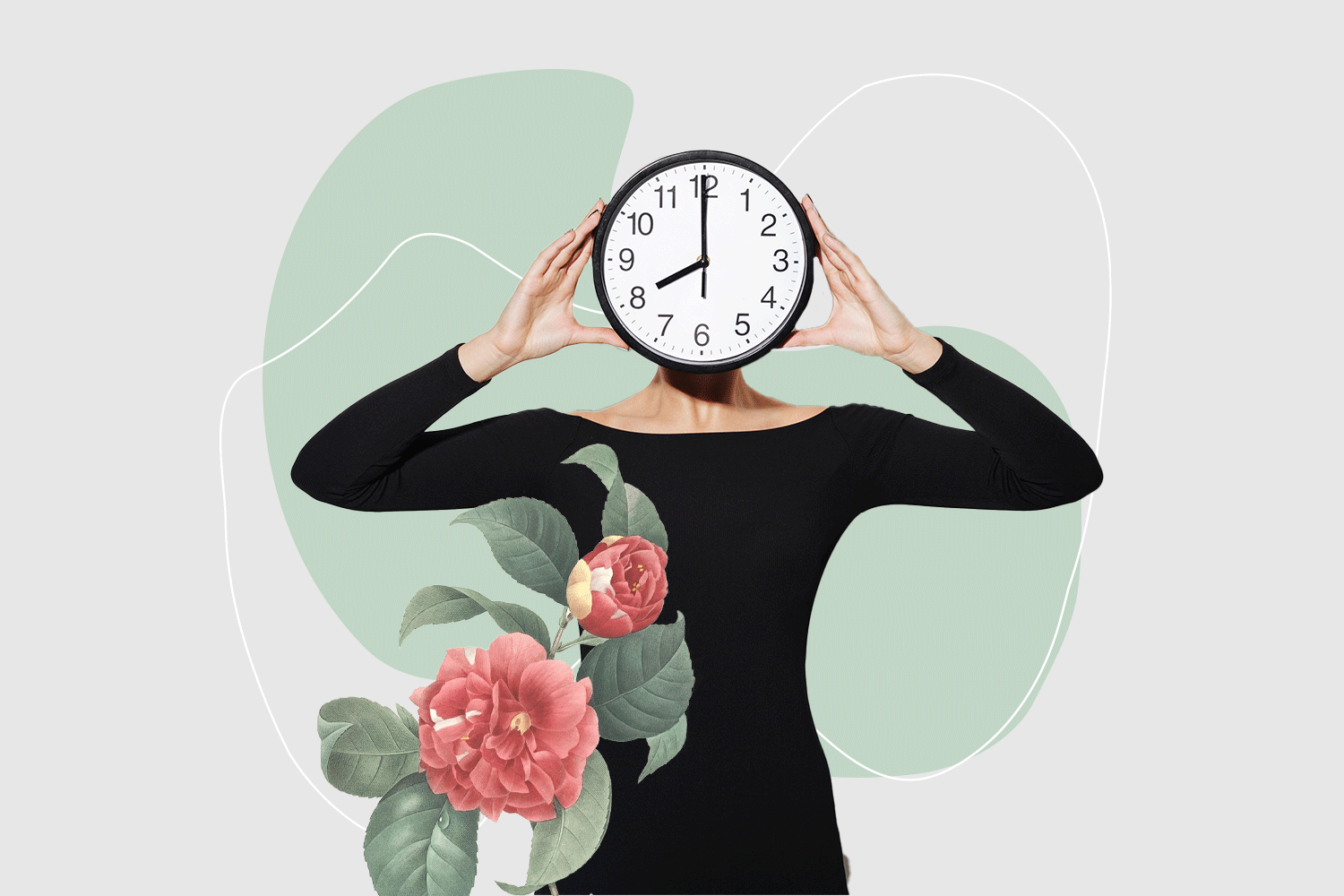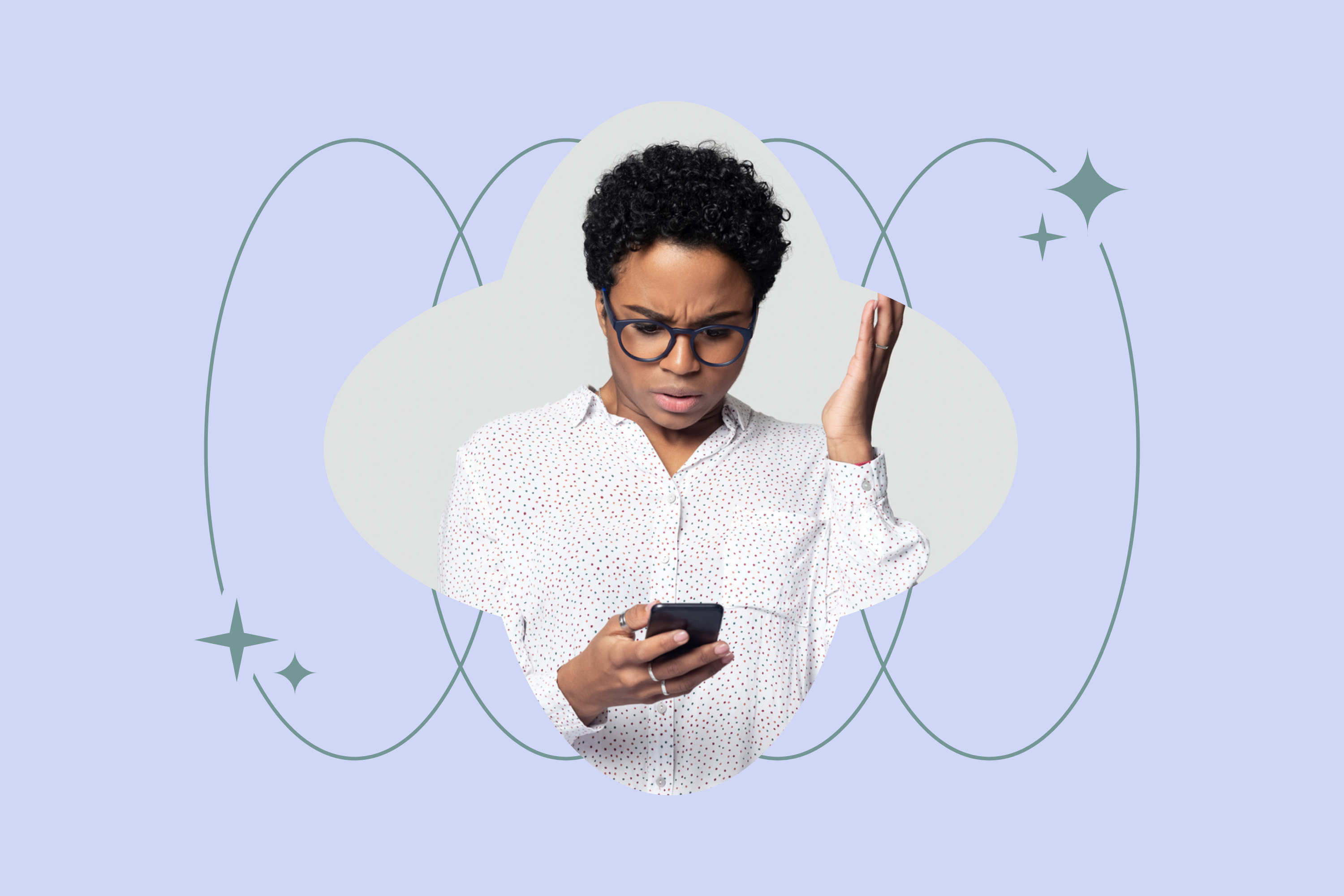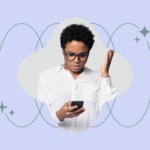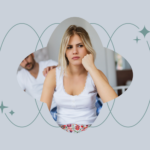Ovulation: When Is the Best Time to Get Pregnant?

‘How do you make a baby?’
‘How long does it take to get pregnant?’
Although you may be familiar with the fundamental basics, there is a lot of science behind getting pregnant and your fertility. This is where ovulation comes in.
What Is Ovulation?
Ovulation is the part of your menstrual cycle when an egg is released from an ovary, and is when you are at your most fertile and likely to get pregnant. The egg will rest in one of the uterine tubes, where it can be fertilized for approximately 12 to 24 hours after its release.
Why Is Ovulation Important for Pregnancy?
Ovulation and Fertility
If you are hoping to conceive, it can help to understand ovulation as it plays a big role in your fertility. A good understanding of the different stages of your menstrual cycle and the signs to look out for can help determine the best time to get pregnant.
Typically, you are most likely to get pregnant if you have unprotected sex in the five days running up to the point of ovulation, as a man’s sperm can live in the female reproductive system for 3-5 days. This means that if you have sex before ovulation, the sperm will already be in place for when ovulation occurs.

How Ovulation Determines the Best Time to Conceive
As you are at your most fertile around ovulation, this part of your cycle is the best time to get pregnant, as it is the most likely time that you will conceive if you have regular, unprotected sex.
Identifying when you are ovulating can be a great help when trying to conceive. This may seem complicated, but there are many methods you can use to help!
Identifying Your Fertile Window
Calculating Your Fertile Window
With a good understanding of your menstrual cycle, you may learn how to calculate your fertile window and predict the best time for you and your partner to have unprotected sex to try and conceive.
If we take a 28-day cycle as an example, ovulation will typically occur about 14 days before your period starts. You may be thinking ‘if my period lasts 3 days, when do I ovulate?’ Menstrual cycles vary in length from woman to woman, and the time of ovulation may not always be 14 days before menstruation.
With this in mind, you find it helpful to use additional ways to calculate your fertile window.
Your body temperature can be a good indicator of ovulation, as you are at your most fertile 2-3 days before your temperature is at its highest point and 12 to 24 hours after ovulation. Fortunately, there are many methods for tracking ovulation.
Methods for Tracking Ovulation
There are many options that make tracking ovulation straightforward. Today, mobile apps can help record your menstrual cycle and predict ovulation, as you record your daily symptoms and other helpful indicators.
You can also use your basal body temperature to confirm ovulation has happened. You can do this by taking your temperature first thing upon waking up in the morning, before getting out of bed. You can learn more about your basal body temperature here.
You can also track your cervical mucus changes, which can indicate what stage of your menstrual cycle you are in. Another great way to track your ovulation is by using a hormone monitor, which can help you predict and confirm ovulation.
We have an FDA-listed Hormone Monitor available. Our hormone monitor, used by more than 120,000 people worldwide, helps pinpoint and predict over 1.2 million ovulations with 99% lab grade accuracy, tracking key fertility hormones linked to ovulation: LH, E3G, PdG, FSH. It is this quantitative technology that sets the Mira Hormone Monitor apart from other methods of tracking ovulation, such as BBT or using cervical mucus tracking tools.
Signs of Ovulation
There are some key signs that you can look out for when identifying when you are ovulating, such as an increase in your resting body temperature.
You may also notice a distinctive change in your vaginal discharge. When you are at your most fertile, your discharge often resembles raw egg white, before turning thicker and less viscous after ovulation has occurred.
Maximizing Fertility During Ovulation
Timing Intercourse for Conception
By having unprotected sex at the right time in your menstrual cycle, you can maximize your chances of getting pregnant. You may wonder, ‘how quickly can you get pregnant?’
If couples have regular unprotected sex, they will likely get pregnant within a year. However, this can vary for each couple. Women tend to become less fertile with age, sometimes making it more difficult to conceive.
As you are the most fertile during ovulation, many couples time intercourse or fertility treatments in the fertile window of a woman’s cycle. This can be helpful, but not essential if a couple is having regular sex throughout the month.

A little extra support from an expert can go a long way
Book an online consultation with one of our Hormone Health Coaches.
Schedule NowLifestyle Tips to Boost Fertility
A healthy lifestyle can help boost your fertility. Here are some tips that you could try incorporating into your lifestyle if you are trying to maximize your chances of conceiving:
- Avoid excessively long or intense exercise
- Limit caffeine
- Limit or avoid alcohol consumption
- Avoid smoking
- Maintain a healthy weight
- Prevent STIs
- Try prenatal fertility-boosting vitamins to combat hormone imbalance
Dealing with Irregular Ovulation
Causes of Irregular Ovulation
Irregular ovulation can make it hard to get pregnant, and is often caused by certain lifestyle choices (see above) or sometimes ovulation disorders. Common ovulation disorders are polycystic ovary syndrome (PCOS), or excessive production of the prolactin hormone, which affects ovulation.
There are other reproductive health disorders that can impact your fertility or ability to conceive, such as endometriosis. Endometriosis affects many women, and can make it difficult for a woman to conceive.
Many women who experience these disorders go on to conceive without help, however, some couples may begin to consider seeking professional assistance.
When to Consult a Professional
Although many people will be able to conceive without professional help, you can always reach out and consult a professional if you feel you need advice or help.
You may want to speak with a doctor if you have been having regular unprotected sex for a prolonged period of time without managing to conceive (one year for women younger than 35, or six months for women older than 35). You may also consider consulting professional help if you or your partner has issues with sexual performance or libido.
Fortunately, many couples who may be considered infertile go on to conceive and have a child with expert advice.
At Mira we offer a Hormone Health Clinic for Fertility, which not only improves your fertility and provides a data-driven approach to fertility based on hormone data analysis, but also offers emotional support, liefstyle tips, and much more. All of our hormone health practitioners are certified, with certifications in a variety of fields.
Additional Resources for Tracking Ovulation
Ovulation Tracking Apps
Ovulation tracking apps can be a great way to predict your fertile window. There are a wide range available to choose from, but generally, these apps work by tracking your cycle using data that you input daily, such as details on your vaginal discharge, body temperature and when you have your period, for example.
It often takes a couple of cycles for these apps to accurately process this data. They can be a useful way to get an idea of your menstrual cycle and the signs to look out for for each phase of your cycle.
Online Support Communities
It can be a difficult experience for both you and your partner if you are struggling to get pregnant. However, there are support groups out there that can help you feel less alone with your struggle.
With the internet, there are now infinite support communities available to you, where you can meet others with similar experiences, which can help you understand and process your feelings. You can ask your doctor for names of therapists or counselors who specialize in infertility.
We also have a Mira Facebook Group which can help you connect with like-minded people, which you can access here.
Frequently Asked Questions
Can you get pregnant while not ovulating?
Technically, you can get pregnant at any time in your cycle, including during your period, though this is unusual. In most cases, pregnancy will occur during the fertile window. However, it is not possible to ovulate if you are not ovulating at all.
What’s the best time of the month to get pregnant?
In an average 28-day menstrual cycle, a woman will be at her most fertile at around day 14 of her cycle, at the point of ovulation. However, this time frame can vary for women with longer or shorter menstrual cycles.
On what day does a woman start getting pregnant?
According to the British NHS, you measure your weeks of pregnancy starting from the first day of your last period. However, you become technically pregnant once a fertilized egg implants itself in the womb’s lining, usually 6-12 days post ovulation.
Best time of year to get pregnant?
Although there’s no evidence base to show the best time of year to conceive, some believe that babies conceived in spring (around May in the Northern hemisphere) and thus born in the winter, may be at increased risk of being born at a low birth weight. However, with modern healthcare, babies can be born perfectly healthy any time of year.
Why does it take X amount of months to conceive?
Some women conceive quite quickly, while for others it may take time. Although this can feel frustrating, it is normal to take some time to conceive. There are various factors that can affect how long it takes to get pregnant, such as age, general/reproductive health, and how often you have unprotected sex.
Mira’s Editorial Process
All content produced by Mira meets stringent editorial standards, ensuring excellence and accuracy in language and medical precision. Every piece undergoes thorough fact-checking and review by qualified professionals. Check out our full editorial process to learn more.










